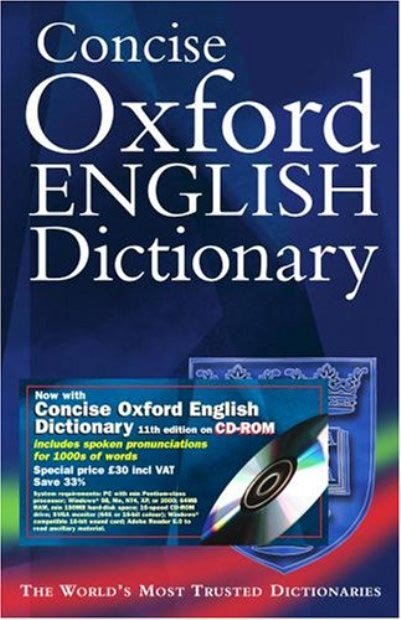The word ‘dictionary’ comes from Latin dictionarius, meaning ‘a collection of words’. This word was first used by an English scholar called John Garland in 1225, as the title for a manuscript of Latin words to be learnt by heart.

Most early dictionaries had been written to help people study Latin. They had all sorts of colourful names, such as ‘Store house for the Little Ones’ and ‘Garden of Words’.
The first real English dictionary appeared in 1552. It was compiled by Richard Hulaet and was titled: Abcedarium Anglico—Latinum pro Tyrunculis. Each word in this dictionary was first given in English, than defined in English, and then came the Latin translation.
The Abcerdarium contained 26,000 words and was very popular, but it was quite expensive. As a result, many other works soon came out that were economical and smaller in scope.
In those days, the compilers of the dictionaries did not include all the words; they preferred to define just the hard words. The first book with the title the English Dictionaries appeared in 1623, and was compiled by Henry Cockeram.
In the United States, Noah Webster began his great dictionary in 1807 and it was finally published in 1828. It contained 12,000 words and 40,000 definitions that had never appeared in any similar list before. Webster favored simpler spelling, and because of this Americans write ‘color’, ‘labor’, and ‘honor’ instead of ‘colour’, ‘labour’ and ‘honour’.
